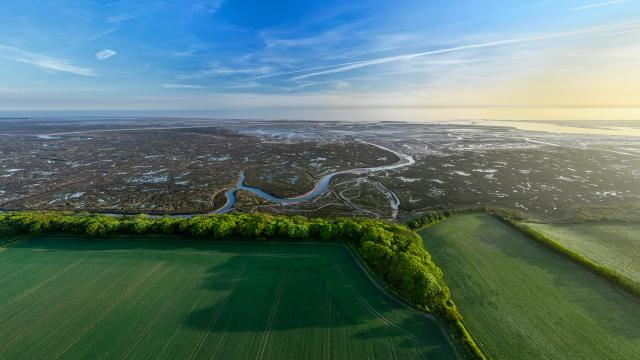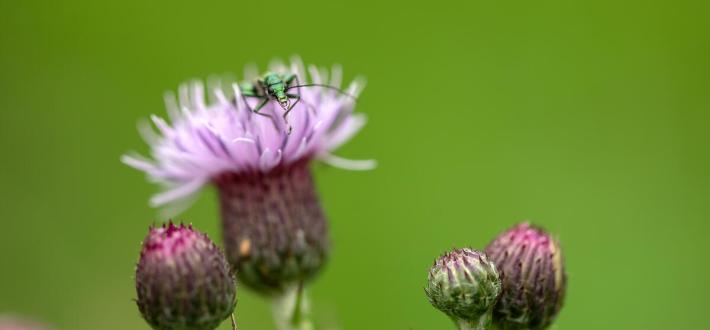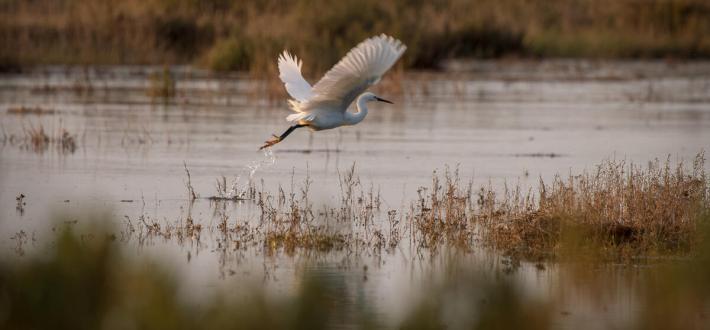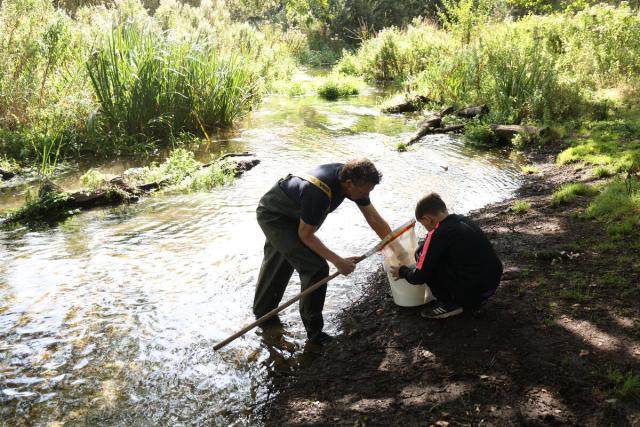
Project overview
Right now, humanity is facing a Triple Challenge - three big problems that are all connected: reducing the impacts of climate change, halting and reversing the loss of nature, and meeting the needs of a global population. WWF is tackling these challenges by looking at the big picture. The Wholescape approach understands that nature is connected across land, rivers, coasts, and seas. It also understands that the people who live and work in these areas are a crucial part of the solution. By recognising these connections, WWF is finding ways to help both the environment and communities thrive together.
These projects are already showing real results by connecting actions for nature, climate, and people across whole ecosystems. The goal is to show that working at a larger scale, with nature, can lead to lasting, positive change for everyone.
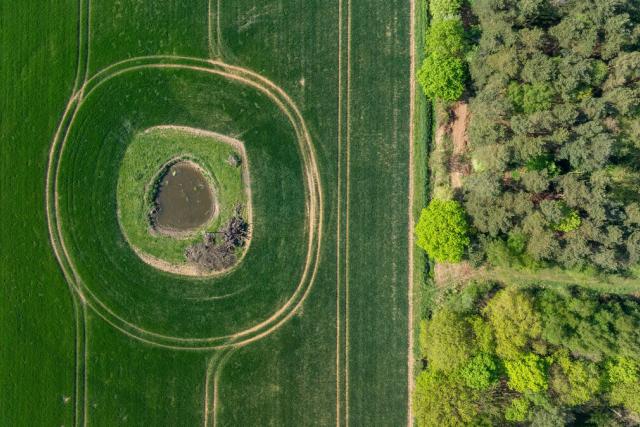
Why we are doing it
Norfolk is home to unique ecosystems and rare species, but it is also a centre of food production and has a beautiful coastline popular with tourists. Climate change is increasingly placing Norfolk at risk of drought, coastal erosion, flooding and sea level rise, putting rare species and habitats, food production, tourism and local communities at risk. It is a real-world example of the Triple Challenge.
We are aiming to demonstrate it’s possible to find solutions and win-win-wins for nature, climate and people even in one of the most intensively farmed areas of the UK, experiencing some of the worst impacts of climate change.
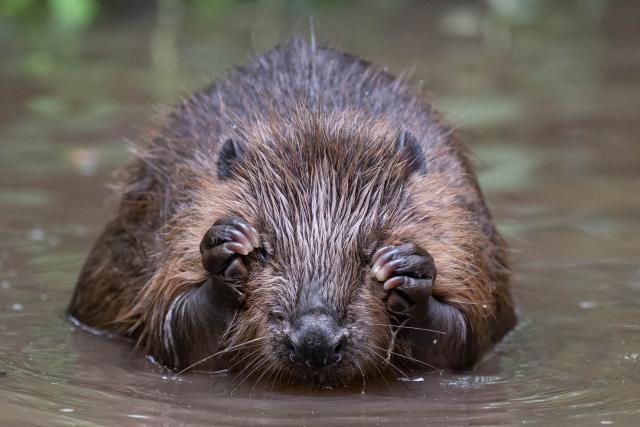
Project impact
We’re supporting local charities to create new habitats for wildlife whilst also protecting people and crops from droughts by reconnecting floodplains with their adjacent rivers to hold more water for longer. We’re working with farmers to make more space for nature and reduce pollution from entering rivers while helping to protect local communities from flooding.
With healthier rivers flowing out to the sea, we’re beginning to understand how we can more successfully restore coastal habitats that can protect communities from rising sea levels, support coastal economies and help wildlife thrive.
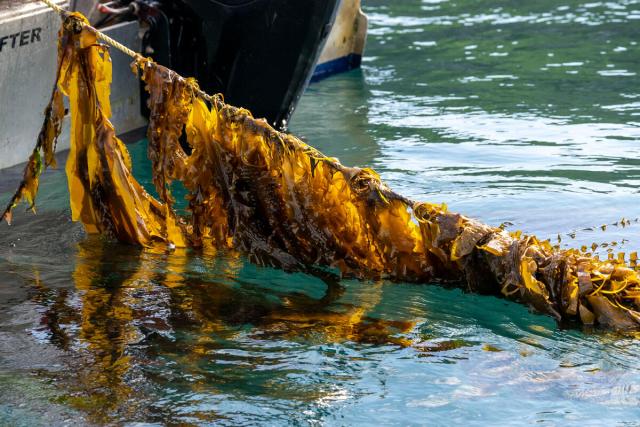
We’re supporting local seaweed farms which not only provide jobs, but also help soak up pollution, create new habitats for marine life, and can be turned into solutions to support plant and soil health that help farmers grow food in a more nature-friendly way.
We’re also protecting sea defences by restoring saltmarsh which can protect against sea level rise, provide benefits for rare species, and help store carbon - providing win-win-wins for nature, climate and people.
